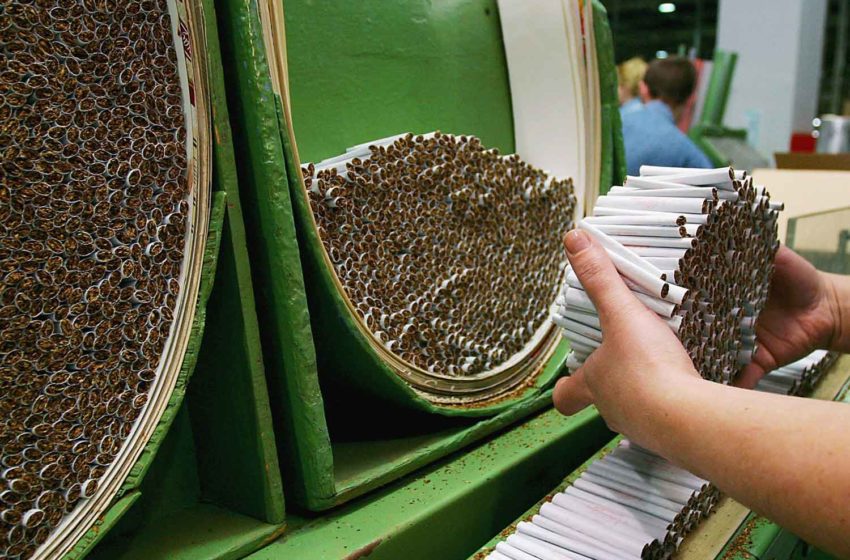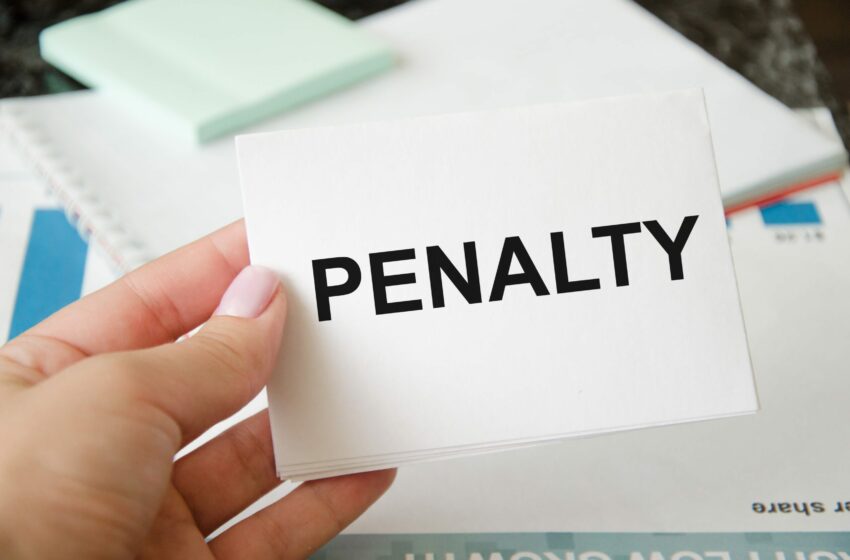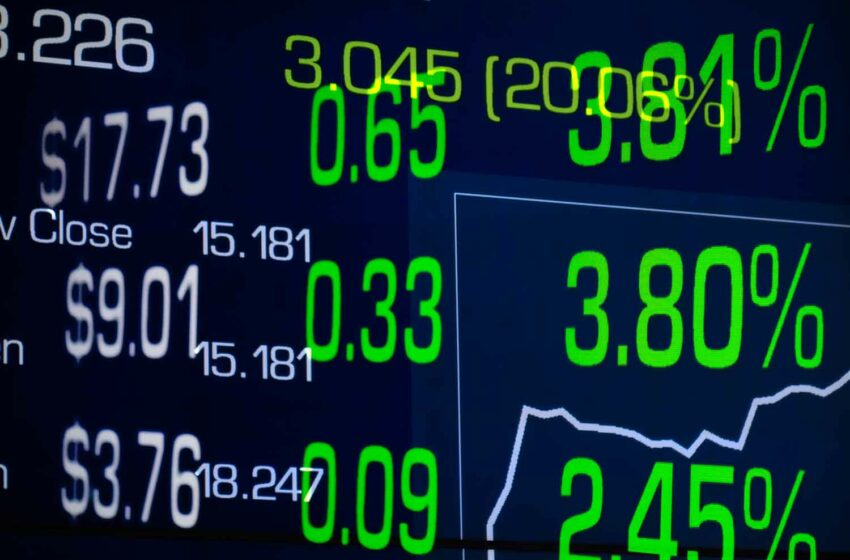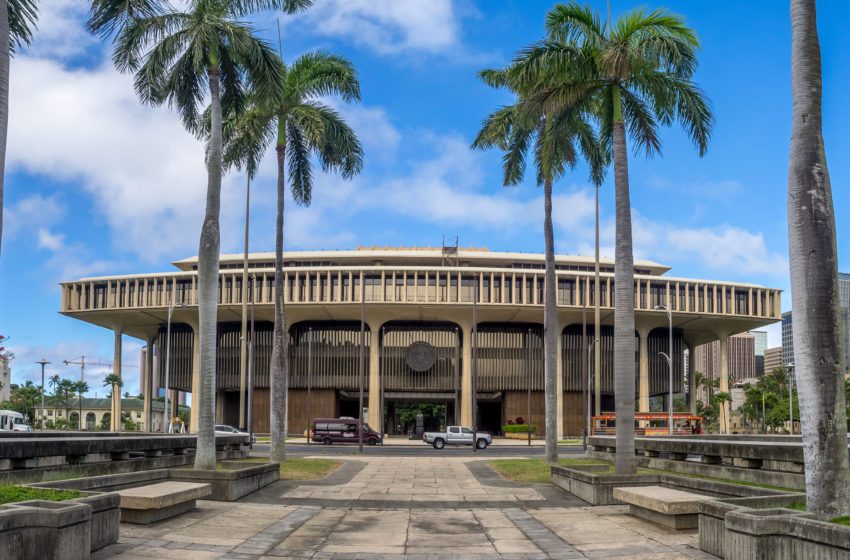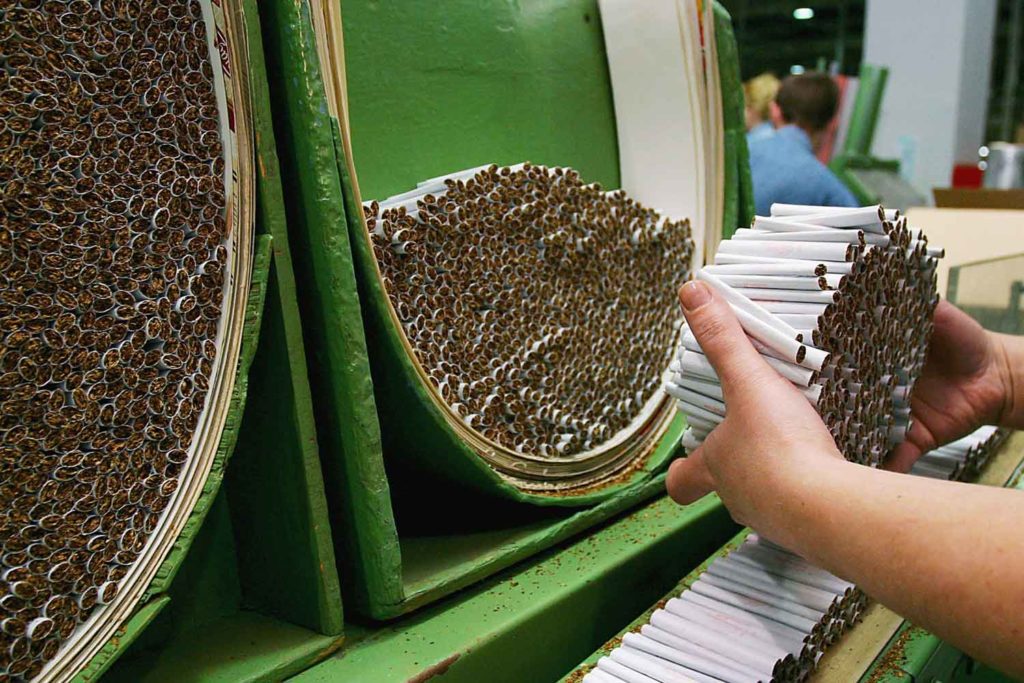
Iran’s large illicit tobacco market has gotten even larger in the wake of U.S. sanctions.
By Vladislav Vorotnikov
Despite efforts to crack down, Iran continues to struggle with rampant illicit trade. In 2021, nearly half of the Iranian tobacco market was controlled by illegal businesses, according to the Association of Tobacco Products Manufacturers and Exporters. The authorities are believed to consciously turn a blind eye to smugglers and underground workshops producing cigarettes of dubious quality.
Although domestic cigarette production expanded in recent years, nearly 5,000 tons of tobacco products, primarily cigarettes, are smuggled into the market each year, according to Mohammad Reza Tajdar, the head of the tobacco products manufacturers association. Domestic consumption is 12,000 tons while Iranian cigarette factories produced roughly 5,000 tons last year, Tajdar said.
Legal imports exist in negligible quantities, and the gap between production and consumption is filled through smuggling and illegal domestic production, according to Tajdar. The illicit trade has bedeviled Iran for more than a decade, but it picked up tremendously after U.S. President Donald Trump imposed harsh sanctions against the country in 2018.
Illegal cigarette workshops in Iran “spring up like mushrooms,” so the volumes illegally produced in Iran exceed even those supplied through smuggling, according to Hossein Ali Pouraqbali, the former head of the country’s tobacco production and standards department.
Occasionally, authorities raid underground workshops, but their campaign remains haphazard. Since the beginning of 2022, the average price of cigarettes in Iran has jumped by nearly 42 percent. Without the illegal workshops, the price would rise even further.
Meeting the Challenge
Since the introduction of sanctions, legal imports of most cigarette brands have nearly come to a halt. The Iranian government also discourages the import of Western goods to the domestic market, citing ideological reasons but mainly to preserve foreign exchange, which is in increasingly short supply.
Pouraqbali explained that smuggling is limited to a handful of brands that cannot be imported legally. He estimated that illegal import reaches 2,000 tons per year.
In the past years, the Iranian tobacco manufacturers association has been waging war on illegal cigarette suppliers but with little success. Tajdar claimed that a large share of goods supplied through illegal channels turn out to be counterfeit, which means that it doesn’t comply with any production standards.
One challenge the industry faces is ignorance; the average customer is unable to distinguish counterfeit cigarettes from legally produced cigarettes. And even if they could, it might not make much of a difference; opinion polls suggest that a significant share of customers would opt for illegal products even if they were aware of their status—as long as those products are less expensive than legal ones.
Bringing Order to the Market
To help bring the illegal tobacco trade to heel, lawmakers have been discussing the creation of an electronic tobacco product tracking system, but few expect it to be implemented in the foreseeable future. Iranians are very sensitive to price fluctuations of consumer goods, especially since Western sanctions have caused purchasing power to nosedive.
Iran is currently battling one of the worst political crises in its modern history, sparked by the Sept. 16 death of a 22-year-old woman after her detention by the country’s morality police. Initial protests have quickly grown into one of the largest upheavals since the 1979 Islamic Revolution. At least 328 people have been killed and 14,825 others arrested in the unrest, according to human rights activists in Iran.
In such an environment, authorities may hesitate to implement measures that are likely to increase cigarette prices and stoke further discontent.
Legal Business Facing Criticism
In addition to illegal traders, legal tobacco companies face several other challenges in Iran. Over the years, Iranian officials repeatedly expressed dissatisfaction with the dominance of the local tobacco market by Western manufacturers.
During a press conference in August, Hojjat-ul-Islam Syed Salman Zakir, a member of the Social Commission of the Islamic Council, complained that more than 75 percent of Iran’s legal tobacco market is controlled by Japan Tobacco International and BAT.
Such anti-Western rhetoric is common in Iran, especially since 2018. JTI and BAT often are targeted by government officials and lawmakers who frequently demand higher taxes and import duties. Some even question whether Western businesses should be allowed to continue operating in the country.
Hopes on the Local Factories
The Iran Tobacco Co. (ITC), the oldest and biggest local cigarette manufacturer, currently controls around 10 percent of the domestic market, a fact that Zakir described as “regrettable.” However, the authorities hope that the balance of power will soon swing in ITC’s favor.
“ITC is currently paying special attention to fulfilling its social duties and supporting the population’s health,” Zakir said, adding that foreign tobacco companies neglect to fulfill their social obligations. JTI and BAT, he noted, import tobacco from abroad while ITC in March of 2022 rolled out a comprehensive support program for Iranian tobacco farmers.
“This is a good incentive for farmers [to boost operation], and we hope for a rise in its [ITC] share on the market,” Zakir added.
Targeting the lower end of the market, ITC can produce 40 billion cigarettes annually to meet 50 percent of domestic demand. The actual production, however, dropped from 12 billion cigarettes in 2018 to 6 billion in 2021.
In the previous years, Iranian officials estimated that ITC purchased 15,000 tons of tobacco from local farmers, creating 20,000 jobs in the industry. The government estimated that the latter figure could be ramped up to 100,000 jobs with a corresponding increase in local raw tobacco production. However, this would require allocating state aid to tobacco farmers—a step the Iranian government has been reluctant to take in the past several years.
ITC Mulls Investment in Zimbabwe
The Iranian Tobacco Co. wants to invest in Zimbabwe to reduce the cost associated with buying tobacco through middlemen, reports The Sunday Mail. Among the areas the Iranians are targeting are irrigation, curing and mechanization. They also want to contract with farmers and set up factories in Zimbabwe.
The investments were discussed during a visit to Tehran by a delegation led by Zimbabwe’s First Lady Auxillia Mnangagwa.
“We get our needs through agents, and prices go higher for us and also causing Zimbabwean farmers to have little profit,” said Iran’s vice president of commerce and economy, Hamid Gharesheikh, during the meeting.
“We want to get companies to work with directly in Zimbabwe and do away with middlemen. We are under sanctions, and it’s difficult for us to import from other Western countries, but with Zimbabwe, we have a better understanding and for that, our cooperation will be helpful to both of us. We can also supply you with equipment such as tractors and implements for production. We can also supply dryers for curing and processing,” he said.
The proposed cooperation dovetails with Mnangagwa’s passion to economically empower Zimbabwe’s citizenry, especially women and youths, in the effort to attain upper middle-income status for the country by 2030.
During the meeting, Gharesheikh said Iran would prioritize women in its investments.

